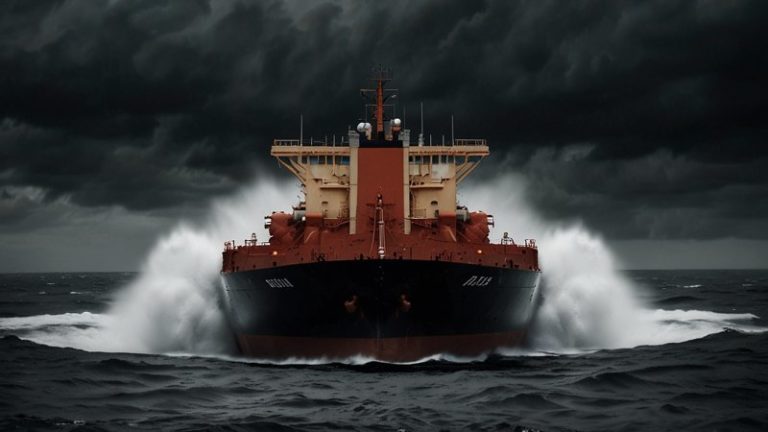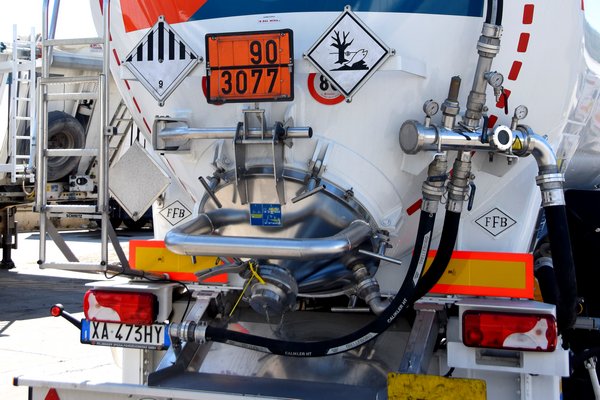Following the Red Sea, whose access for cargo ships has been hampered by attacks from Yemeni Houthis, the widening conflict in the Middle East now also endangers the Persian Gulf. Concerns rose on April 10, 2024, when Alireza Tangsiri, commander of the Iranian Revolutionary Guard's Navy, declared that although Iran has not yet closed the Strait of Hormuz, it could do so if Israel increases its presence in the United Arab Emirates.
This development adds a new layer to the tension between Israel and Iran, which escalated after Tel Aviv's air forces struck the Iranian consulate in Damascus on April 1, killing seven Revolutionary Guard officers, including two senior commanders. Since then, Tehran has threatened retaliation.
Unlike the Red Sea, the Persian Gulf does not see significant container ship traffic but is a critical basin for fossil fuel supply. Its waters are traversed by oil tankers carrying an average of twenty-five million barrels of oil or other petroleum products daily. A closure, or even threats to the security of ships, would cause a severe energy crisis in Europe.































































